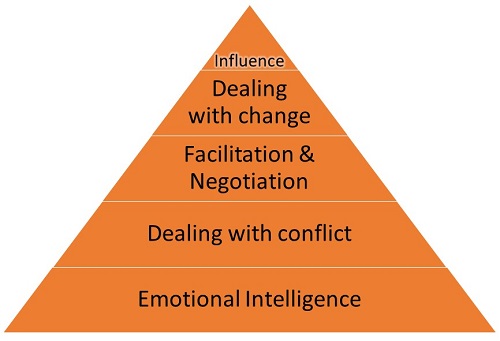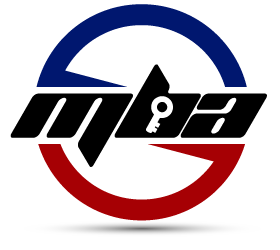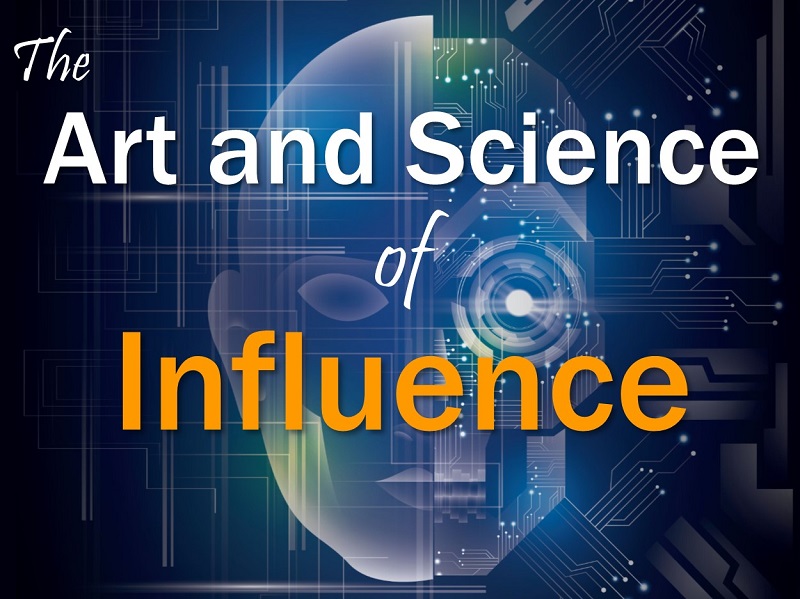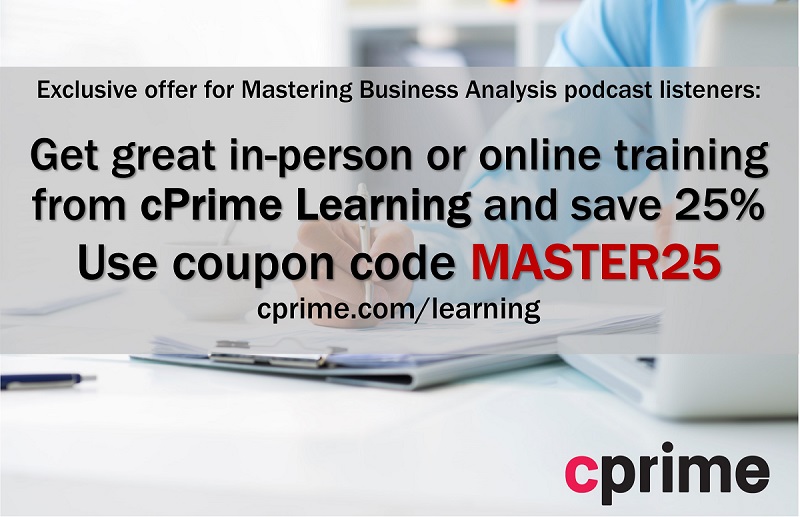In this episode, David Mantica talks to us about influence and discusses how professionals can successfully navigate any organization to move projects to execution. He also shares several approaches and techniques to improve your ability to influence.
After listening to this episode, you'll understand:
- Why influence is a key skill for any project professional
- How to build trust within your organization
- Why knowing yourself and emotional intelligence are vital to your ability to influence
Show Notes
The ability to influence is both an art and a science. The art side of influence lies in the need to know when to adjust or pivot in your approach. The science ties into emotional intelligence (EQ) because you need to understand yourself first and the biases that can affect influence.
Influence is built upon other skills such as the ability to deal with conflict, facilitation, and change management. Without the foundation of EQ and other skills, your ability to influence will be severely limited.

Influence vs. Manipulation
The difference between influence and manipulation is in the underlying reason for making a change. Where influence crosses over t manipulation is when you try to influence people to do things for your own self-interest.
From a power base standpoint, influencers come from a referent power base. It requires you to have the effort, energy, and charisma to take people from one point to the next step in where you want them to go.
Trust is what separates the influencers from manipulators. Building trust that what you’re doing is for the good of the organization and its customers will allow you to be more successful in driving positive change.
Being able to properly articulate why you want to make a change is key to building trust and gaining support.
The Science of Influence
When you are trying to influence without authority, you need to start with emotional intelligence. This leads to self-awareness, which allows you to self-manage (awareness of your hot buttons and the ability to control yourself).
From self-awareness, you can develop situational awareness. This helps you to understand what’s happening in your environment and how you should respond and manage those situations.
Understanding biases is part of situational awareness because it allows us to better understand the behaviors of others.
One common bias is the endowment effect. This is the belief that what you own (including ideas and beliefs) are more valuable than those of others.
Social proof is another common cognitive bias in which our perception is colored by popularity (or lack thereof).
Understanding cognitive biases allow you to look at the behavior of other people through that lens and approach the situation differently.
The Art of Influence
The art of influence starts with understanding what it means to be likable. It’s much easier to influence someone if they know, like, and trust you.
Likability starts with eye contact, a smile, and asking questions to get to know the other person. It’s about making them feel comfortable and connecting on a human level.
Active listening also contributes to likability and developing trust.
From there, focus on your execution and delivery. Showing that you can drive a process forward and create transparency builds a foundation to influence better.
Coming to the table with potential solutions instead of just problems will help build trust and influence. It shows that you’ve looked at all sides of a problem and have considered actions to take.
Listen to the full episode to hear more tips on improving your influencing skills.
Your Homework
- Know yourself: Reflect to better understand your strengths and weaknesses and your hot buttons to develop better self-awareness.
- Accept Others: Work on getting comfortable with who people are and their strengths/weaknesses. Be open to new ideas and opinions.
- Offer solutions: Think through problems and offer solutions without the need for your solution to be accepted.
These three actions will help you become a trusted advisor and influence positive change.
Links mentioned in this episode:
- ASPE Training
- Wall Street Journal article on Likability
- David’s previous episode: The T-Shaped BA

David Mantica
President, ASPE-SDLC
David Mantica has more than 20 years of experience in B2B continuing education. He has participated in and supported the work of numerous certifying bodies including the Scrum Alliance, PMI, IIBA, TrueSecure, and CompTIA. David also is a regular speaker at IIBA and PMI chapters.
Thank you for listening to the program
To get more valuable content to enhance your skills and advance your career, you can subscribe on iTunes and other podcatchers.
Also, reviews on iTunes are highly appreciated! I read each review and it helps keep me motivated to continue to bring you valuable content each week







